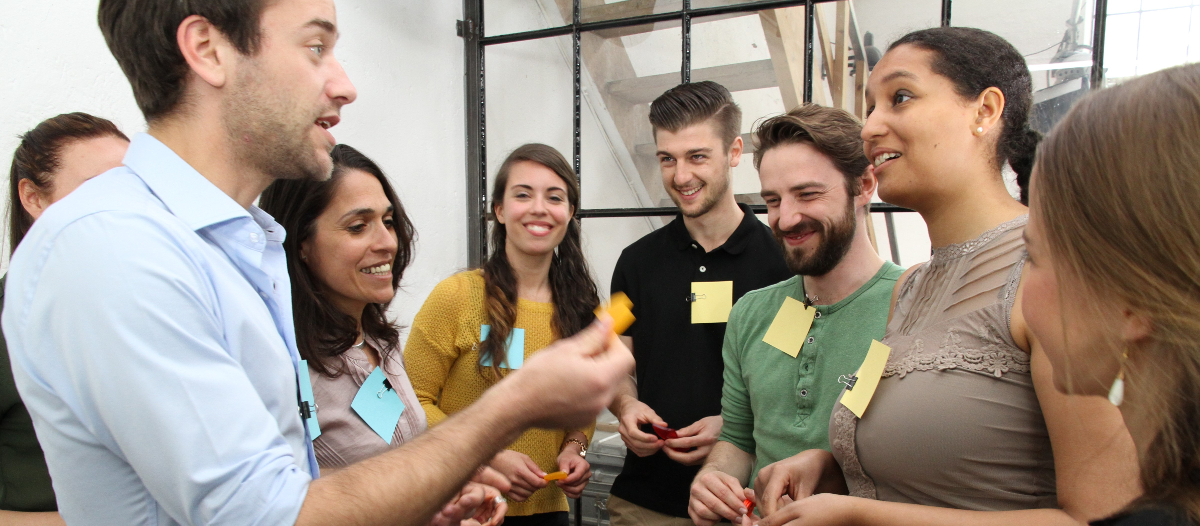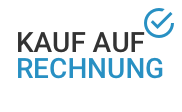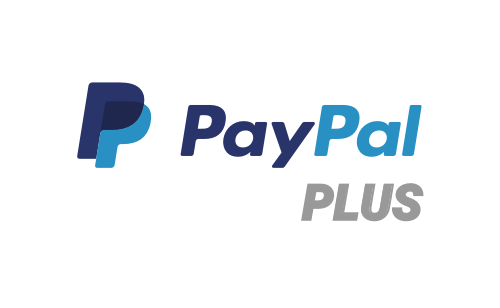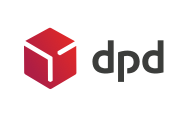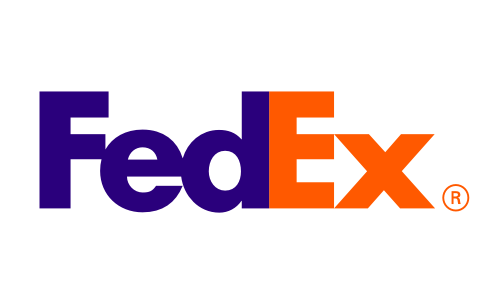Train the Trainer
Certified METALOG© Trainer in Experience-oriented Learning (EOL) Methods
Venue: SeminarZentrum Gut Keuchhof
Braugasse 12
50859 Köln-Lövenich, Germany
Dates: December 2nd - 6th 2019
March 9th - 13th 2020
Investment: 4900€ * + 19% German VAT if applicable (exclusive Hotel and venue package)
* early bird until July 25th 2019 4400€ + 19% German VAT if applicable
Experience-oriented learning (EOL) methods leverage the power of multi-sensory experiences and the insights that learners gain from such experiences. The true art of EOL lies in enabling learners to create target-oriented, authentic ‘experience rooms’ that contain memorable elements and directly relate to their real and perceived worlds. This allows learning processes to be intensified, focused and even accelerated. We like to call these added sequences ‘learning projects’, which can fulfil quite different functions in the learning process.
Throughout the Certified EOL Trainer course you discover how to create, perform and seamlessly integrate such learning projects into existing or new learning scenarios. Learning projects can be used to foster general learning readiness, encourage openness and motivation, act as a lead-in to the topic or also raise awareness of relevant factors. They can be used to generate alternative approaches, or simulate the efficacy and significance of such alternative approaches. They can provide a protected space for experimentation and testing or, through powerful sensory experiences, also increase the rate of retention and hence the sustainability of learning. Depending on the desired outcome and application, learning projects are both a tool for reflecting and assigning meaning as well as for exploring, creating and providing practice.
An EOL trainer’s core competence is his or her ability to initiate targeted learning experiences, control the optimum degree of emotional stimulation, and support the reflection process and subsequent training transfer.
The Certified EOL Trainer course itself is structured in 2 presence modules, each focused on a specific theme and ultimately dependent on how much time is spent applying the newly acquired knowledge between modules. The modules provide you with guided impulses, which you then independently transfer to your own field of work, and which we subsequently pick up and develop further in the next module. At the same time, you have the opportunity to share your experiences and ideas in peer groups or reflect upon your experiences with the teacher-trainers. As such, the entire training course is also structured like one large learning project – you experience first hand what you are talking about. Because each trainee’s field of work can be just as diverse, this is not about finding the one way to learn, but rather about discovering the various options and core components required for developing the best possible approaches for yourself, your group and the topic/desired outcome.
Module 1 (5 days): Fundamentals of EOL – the METALOG Method
Read more
Module 1 examines the fundamental principles of experience-oriented learning and, in particular, provides an introduction to the METALOG method. In addition to useful structures and patterns that allow you to navigate and enable precise customisation, we examine how to develop mutually understood ‘wording’. The EOL fundamentals give you a set of practical methods for your preparation, help you control the process during the performance stage and foster continuous learning during the review stage. During learning projects, you should be prepared for a whole range of aspects: the dynamics that you set in motion sometimes have their own rules, as systems often do. And between chance and intent lies an entire world of methods – just as between games/events and serious learning projects. The EOL fundamental principles will themselves change the way you look at interaction activities and will allow you to customise all manner of learning projects in a goal-oriented manner.












Module 2 (5 days): EOL Concepts – shaping the process
Read more
Since the previous module you have had plenty of opportunity to experiment. Presumably, some processes worked as desired and others less so. Module 2 delivers the most important methods to effectively and flexibly develop consistent, logical overall concepts from the individual elements, whether you are designing and offering an event on a particular topic or initiating and supporting a perfectly adapted development process for a specific purpose. Drawing on your concrete questions we address various possibilities for controlling the quality. Furthermore, over the five days, we carefully examine individual competencies and offer alternative perspectives and approaches. Throughout the module there will be enough opportunity for you to talk about your experiences, for supervision, for sharing ideas or also for working on your own concepts. The final step is now to integrate and interweave the EOL building blocks into other sequences in the learning process.















During the entire training course you will have plenty of space to experiment with and assimilate the individual methods. You can address your real-life cases at any time and use the opportunities for supervision provided. Indeed, discussing cases with colleagues and trainers provides true added value.
The various didactic and methodical approaches are explained and made tangible through numerous learning projects (interaction activities) and exercises. Here are a small selection of the learning projects we will work with: silent rope, rug flipping/folding, leading the blind, chair tipping, team juggling, 8-in-the-rope, speed ball, find the tree, bicycle method, blind numbers, etc. Naturally, METALOG training tools will also be used, including TeamNavigator, Floating Stick, Communicards, SysTeam, StringBall, Communic8, Pipeline, Leonardo's Bridge, Loony Loop, Team2, The Band, StackMan, The Maze, Tower of Power, CultuRallye, Domino Effect.
You have less time but still want to take the course? We are also able to come to you for groups of 8 or more, whether you be part of a large company or just a group of trainers in your area. We tailor it for you and your trainer team! From the three-day short version to the 12-day version in three modules, everything is possible! Just ask us: sales@metalogtools.com

